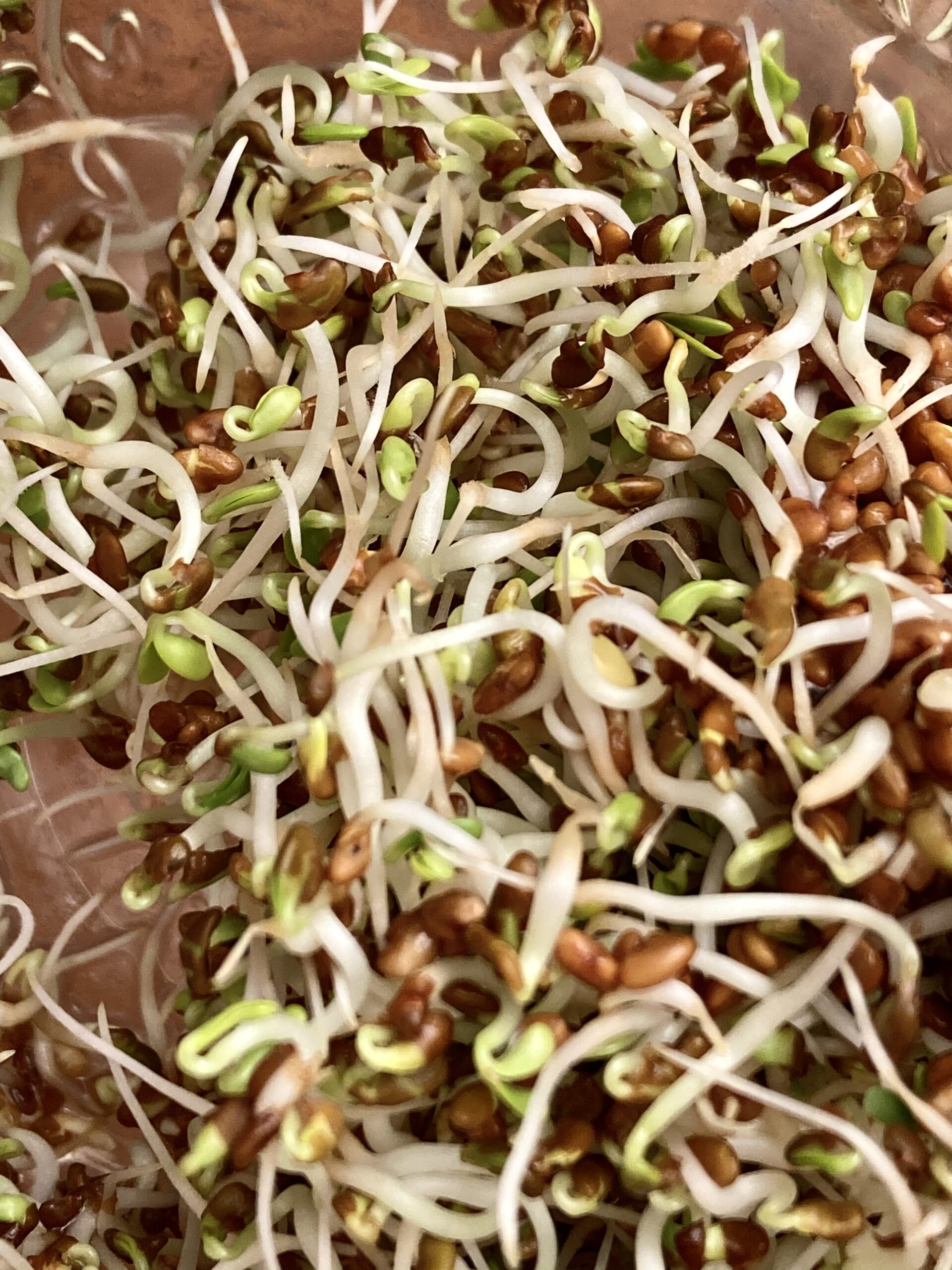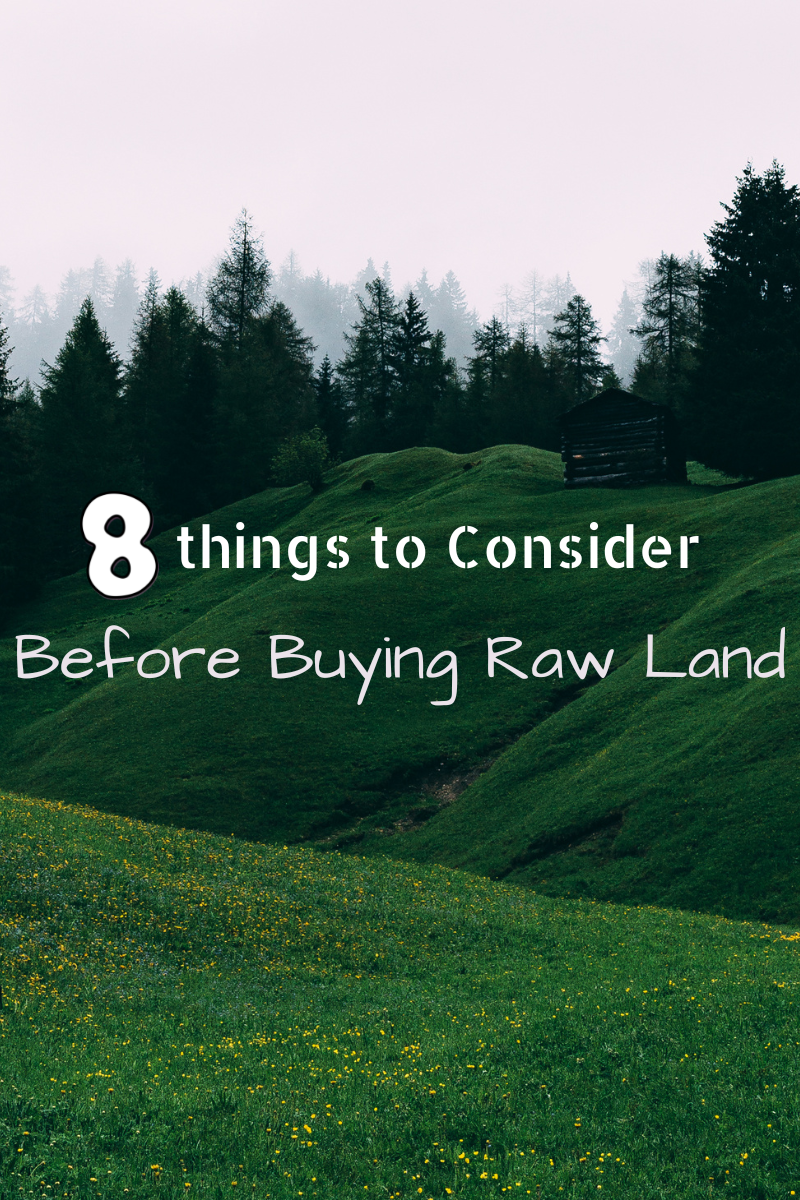
If you are reading this post, it’s likely you will soon be buying raw land to build a new home, or homestead. If that is you I’m so excited for you. This is such a thrilling time!
Searching for land can be overwhelming, especially as a first time buyer.
Anticipation and limited time can cause you to overlook or undermine so many important pieces of information.
All you want to do is secure the property before it is snatched up by another buyer! Trust me, we know the feeling.
While this is by no means an exhaustive list, here are some of the major topics to keep in mind when looking to buy raw land, that will give you a smoother start.
Pick A Realtor For Your Land Purchase
Whether searching for land or looking to buy a house, finding a seasoned and licensed real estate agent (A.K.A Life Saver) that knows the area will make your shopping experience so much easier and more pleasant! They know the area, and the process. Plus if they’ve been in the business long, they will have good contacts, From Loan agents to soil scientists and builders.
Just be sure you don’t skip around to too many realtors, they have a somewhat silent code to respect one another and not steal clients. You may not know wether you’d like to stick with a certain realtor at first. Once you do know, if you aren’t satisfied, move on sooner rather than later.
We can’t brag enough on our realtor Chad Motsinger who serves southern Indiana. If you happen to need a realtor do yourself a favor and call Chad.
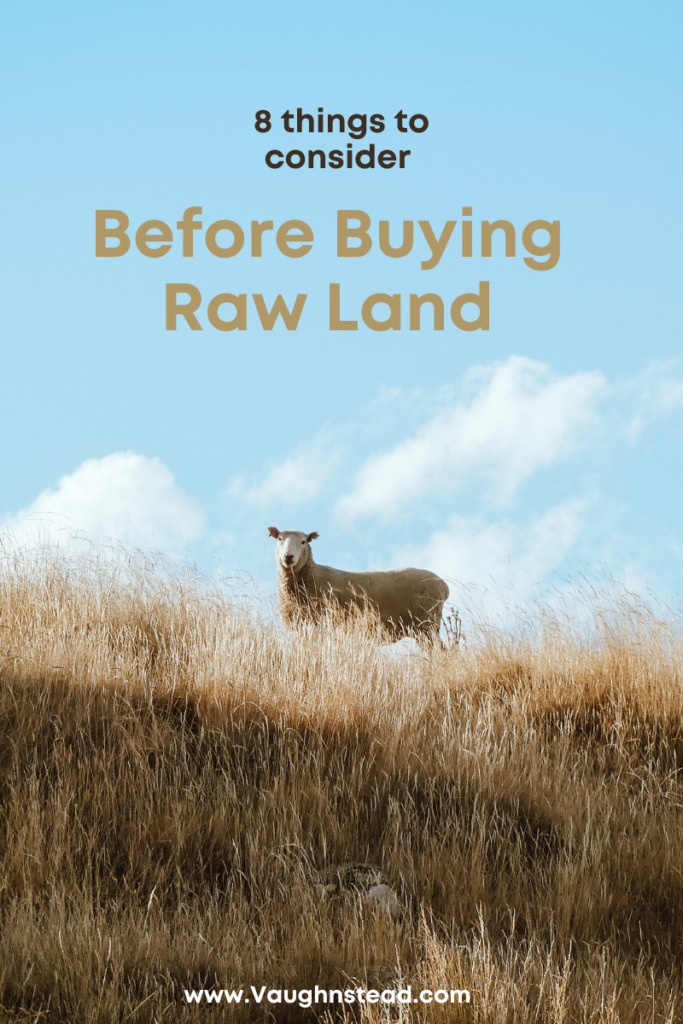
Land Location
Location, location, location! It really does matter. Not only/where you live but also where you place your home on Your land. There is a lot on this subject.
- How far do you want to live in the country.
- What is the distance from your nearest town.
- Will you have a long commute.
Living in the country has so many benefits, one of them being homes and land can be much more budget friendly.
If you are watching your monthly budget, Just be sure that your travel to work doesn’t out weigh your savings on the property. Or consider working closer to home, and maybe even working remotely.
Zoning, Setback Lines and Easements
While many people know it’s important to get a percolation test on the raw land of interest, it’s not the only thing to keep in mind when buying raw land!
Take a breath, and read through the deed or other documents you can acquire. Make sure to get as much information in as possible.
What are your set back lines and do you have any easements?
Do you have any special Zoning requirements?
This is so important to know before you buy, as it will greatly affect the area you can build any kind of permanent structure on your raw land.
We weren’t completely aware of the setback on our land originally and per the deed, have a much larger setback then what the county requires.
While your local County will have a minimum setback, look over your deed to be sure you aren’t missing any further requirements.
If these types of restrictions are not followed, it’s likely you can receive large fines.
Knowing the set back lines for your lot before you buy it, will give more power over decision. Do you really want to be limited to a particular corner of your lot?
Although I’m no fan of being right on the road, being able to build a bit closer to the edge of our property, would enable us to do less clearing than if we are required to set our house back so many feet on our piece of land.
Road Access
Is there legal access to the property via a road or drive away?
While this technically can ride under Easements, I felt this important enough to have its own section.
If the land you are interested doesn’t initially have road access do a little research to see if it’s possible to get a legal easement agreement to use an adjoining driveway or property to access the land.
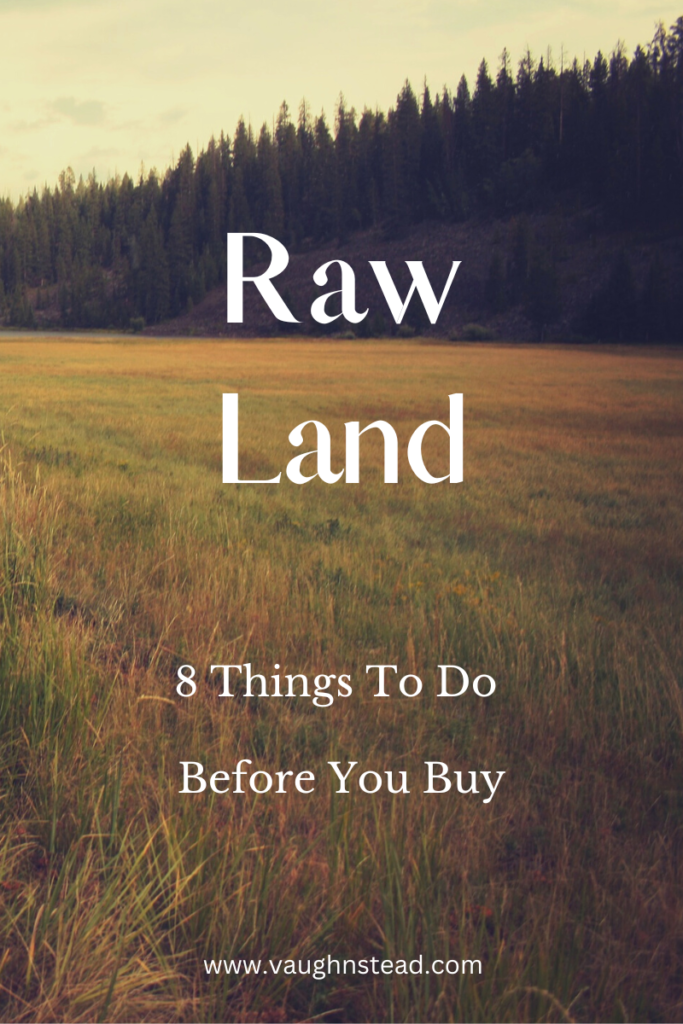
Perk Test for Septic System
If you are buying raw land in a rural area, you won’t likely have access to City Sewer.
Perk tests are super important. If you are looking to build a residential property, or other building with facilities you will need to get a projection of whether your property an hold a Septic System, and what type!
You will need to get a an application from your local Health a department. Then contact a soil scientist to conduct a perk test or sample your soil for a septic system.
Your local County Health Department should be able to give you a list of Soil Scientists in your area.
Building Permits
Depending on your area and whether you are within city limits or not, you may have more permit requirements. Check with your planning and Zoning office.
They should be able to give you a list of the permits you will need for your project.
Land Loans
While shopping for land, you can check out different banks or credit unions. Look at their loan products to see what you might work best for you.
Once you get a handful of loan agencies your are interested in, do more in depth research to see what would be the best deal.
Get pre-approved now, so that once you have found land you are interested in you already have some of the leg work done.
When we were in the process of Buying raw land we worked with Rural First. It was a very good experience! I definitely recommend using them.
Land Value
I thought this advice from Than Merrill was noteworthy:
“Once you are confident that you can build a home on the land in question, take note of whether or not it has everything you will need to move forward with a real estate investment. Remember, everything missing from your checklist will coincide with an additional expense later down the road, in addition to the cost of building a home. Above all else, be sure that the land you intend to purchase has everything you need, including the permission to build a property. Location isn’t only about where the home will be, but whether it fills your most basic needs as an investor or not.”
Than Merrill –
While he is coming from an investment standpoint, no matter what your main purpose for purchasing the land, it is an investment no less.
Always holding the selling value in the back of your mind is a good idea. Everyone needs a backup plan.
If something comes up and you decide to sell your land, whether sooner or later, you’ll be glad you kept value, and value over investment in mind.
Setting up utilities like water and electric will raise the value and appeal of you piece of rural real estate. consider hooking up your utilities to maximize your land value when planning to sell. Another way to add curb appeal is to do some property cleanup, like trimming trees and clearing brush.
Clearing a building spot will make things convenient for potential buyers, and could add more cash in your pocket upon closing day.
When buying land, It always pays to think ahead.
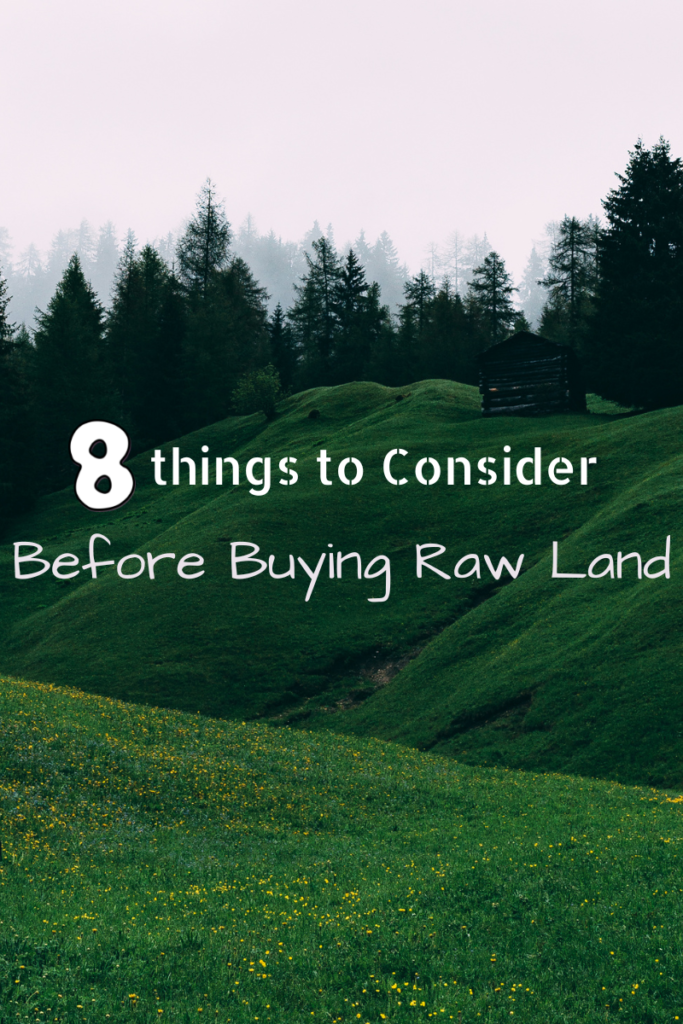
Summary: 8 Things to consider when purchasing raw land
Zoning restrictions, easements and setbacks
Road access : make sure there are no legal discrepancies In road access to the property. No matter how beautiful or perfect the land is, if it doesn’t have access by road it would be pointless investing into.
Perk test: if you have no access to sewer from the city, you must have a positive perk test in order to obtain a residential construction permit.
Permits: document a list of any and all permits you will need to obtain to build on the property. Not only will you be able to plan accordingly but it will give you the opportunity to address any existing issues right from the start.
Loans: If you will be taking out a loan for your land, start looking for a bank or credit Union that will best suit your needs for this purchase. Shop multiple banks or credit unions then pick one and Get pre approved.
Be sure and compare several banks before making a final choice.
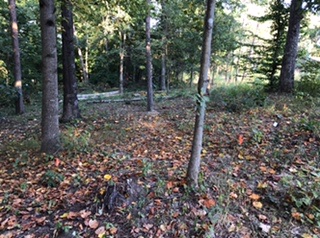
Did you find this article helpful? What would you add as a must, before buying for Raw land?


